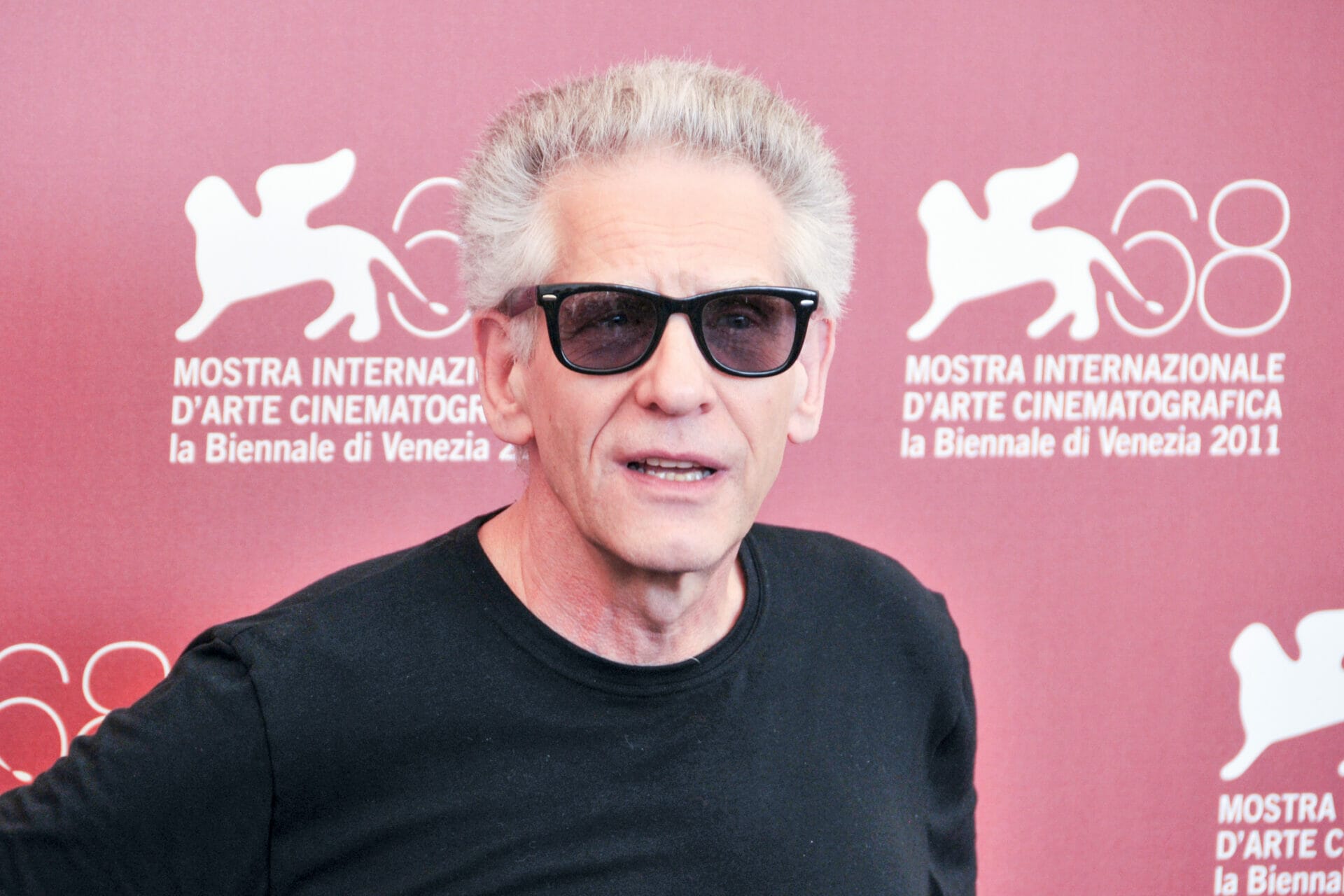You know you are watching a David Cronenberg film within the first few minutes. His unique directorial vision and style are instantly recognizable. For over 50 years, Cronenberg has been pushing the boundaries of mainstream cinema with his unflinching explorations of the human body and psyche. His films delve into humanity’s deepest fears and darkest desires, all with his signature clinical precision and intellectual curiosity.
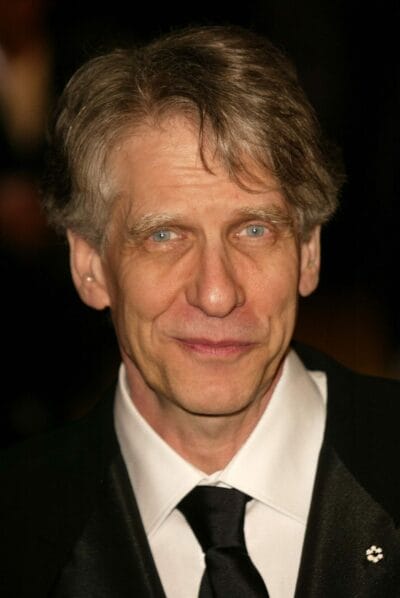
Cronenberg emerged from the “Canuxploitation” era of Canadian B-movies in the 1970s to become one of the most influential auteurs in modern film. His early cult classics like Shivers and Scanners established his fascination with the physicality of human existence and all the ways our flesh and minds can mutate and transform. Cronenberg’s films are known for their disturbing body horror and surreal science fiction concepts, but at their core, they reveal fundamental truths about human nature and our relationship with our own physical being.
Few directors have been as consistent and prolific in their vision as Cronenberg. His films serve as an anatomy tour of the human condition, dissecting the inner workings of our bodies and minds to show us what lies beneath our fragile exterior. Cronenberg’s cinema is not for the faint of heart, but for those seeking a glimpse into the deepest recesses of human experience, his films deliver a guided tour led by a master craftsman.
The Mind Behind the Madness: Getting to Know David Cronenberg
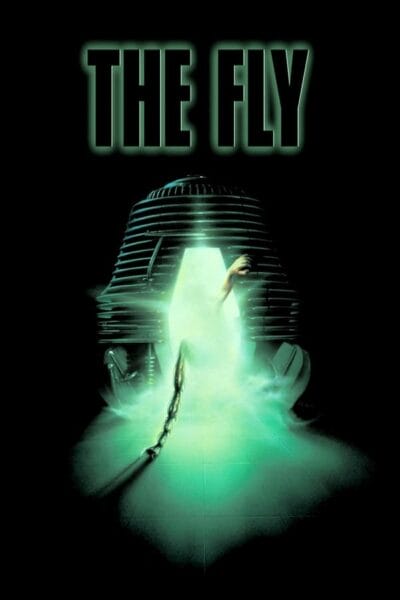
To understand David Cronenberg’s films, you must first understand the mind behind them. Cronenberg was born in 1943 in Toronto, Canada. From an early age, Cronenberg was fascinated by science and the human body. He attended the University of Toronto and graduated with a degree in Literature. And in fact took a year in molecular biology.
Cronenberg’s early films explored humanity’s relationship with technology and the frailty of the human body. His breakout films, Scanners (1981) and Videodrome (1983), used science fiction and body horror to examine humanity’s increasing dependence on technology and media. These thought-provoking films established Cronenberg as an auteur director known for pushing boundaries.
In the 1990s and 2000s, Cronenberg moved into more mainstream psychological thrillers, including A History of Violence (2005) and Eastern Promises (2007). While less overtly graphic than his early films, Cronenberg continued exploring humanity’s primal urges and the human condition.
Despite a long and prolific career, Cronenberg has remained fiercely independent. He is known for having almost complete creative control over his films. Cronenberg’s unique vision and unwillingness to compromise has polarized audiences. His films are renowned for being intelligent, confronting, and deeply unsettling.
Love him or hate him, Cronenberg is an auteur director in the truest sense. His films provide a window into a brilliant and endlessly curious mind grappling with what it means to be human in the modern world. After over 50 years of filmmaking, Cronenberg remains as thought-provoking as ever. His deeply visceral films linger in the mind long after the final disturbing image has flickered across the screen.
Cronenberg’s Beginnings: From Exploitation to Existential Horror
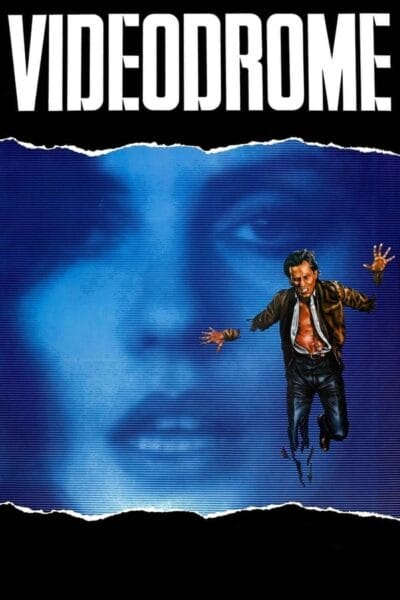
David Cronenberg began his filmmaking career in the realm of low-budget Canadian exploitation films. His early films incorporated visceral horror and science fiction elements that explored humanity’s relationship with technology and the body.
In the 1970s, Cronenberg directed a series of cult horror films known as the “Cronenberg trilogy”: Shivers (1975), Rabid (1977), and The Brood (1979). These early films incorporated elements of exploitation, science fiction, and body horror, featuring unsettling biological and medical themes. His breakthrough film was Scanners (1981), a science fiction film about a group of people with telepathic and telekinetic powers.
In the 1980s, Cronenberg’s films took a turn toward more psychological and existential subjects. Videodrome (1983) explored humanity’s relationship with technology and media. The Fly (1986), a remake of the 1950s science fiction film, was a critically acclaimed commercial success that further established Cronenberg as a master of body horror and psychological thrills.
Cronenberg continued exploring thought-provoking themes in the 1990s and 2000s in films like Dead Ringers (1988), Naked Lunch (1991), Crash (1996), and Spider (2002). His later films, including A History of Violence (2005), Eastern Promises (2007), and A Dangerous Method (2011) saw Cronenberg move into more mainstream psychological thrillers and crime dramas, though still containing elements of dark humor and the uncanny.
Through his decades-spanning career, Cronenberg has established himself as one of the most daring, intelligent, and influential directors in modern psychological and existential horror. His unflinching explorations of humanity’s deepest fears and desires have cemented his status as a true icon of genre filmmaking.
The Rise of Body Horror: Cronenberg Finds His Voice
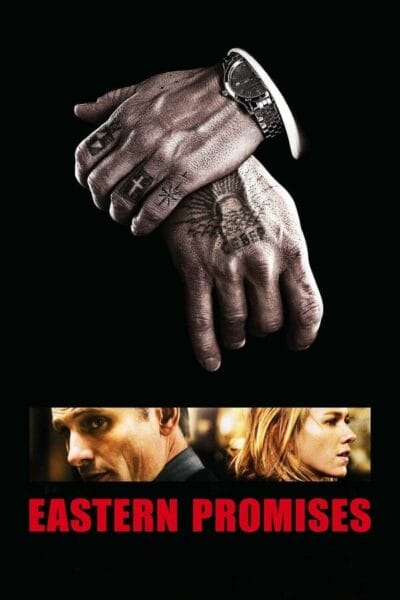
Finding His Voice Through Body Horror
In the late 1970s and early 1980s, Cronenberg began exploring the “body horror” subgenre in earnest, finding his directorial voice in the process. His films from this era probe humanity’s relationship with the physical self in unsettling ways.
Cronenberg’s The Brood (1979) deals with psychotherapy and the physical manifestations of a patient’s emotional traumas. Scanners (1981) focuses on advanced humans with dangerous telepathic and telekinetic powers. Videodrome (1983) stars James Woods as a man descending into madness after watching a mysterious TV broadcast. These cerebral, unnerving films earned Cronenberg a reputation as a daring, genre-bending filmmaker.
A Pinnacle of Body Horror: The Fly
Released in 1986, The Fly represents the pinnacle of Cronenberg’s body horror period. A loose remake of the 1958 film, it stars Jeff Goldblum as Seth Brundle, a scientist whose teleportation experiments go awry, genetically fusing his DNA with that of a common housefly. The film is a disturbing, poignant metaphor for terminal illness, as Brundle’s humanity gradually slips away, his body and mind deteriorating in grotesque fashion. Considered by many critics to be Cronenberg’s finest film, The Fly cemented his status as a master of psychological horror and science fiction.
Legacy and Influence
Cronenberg’s body horror films went on to influence generations of directors in a variety of genres. His unflinching, metaphorical explorations of humanity’s relationship with the physical form inspired many science fiction and horror films of the 1980s and 1990s. Directors like David Lynch, Guillermo del Toro, and Darren Aronofsky have cited Cronenberg as a key influence. His ability to infuse genre fare with deeper thematic resonance demonstrated the artistic potential of horror and science fiction cinema.
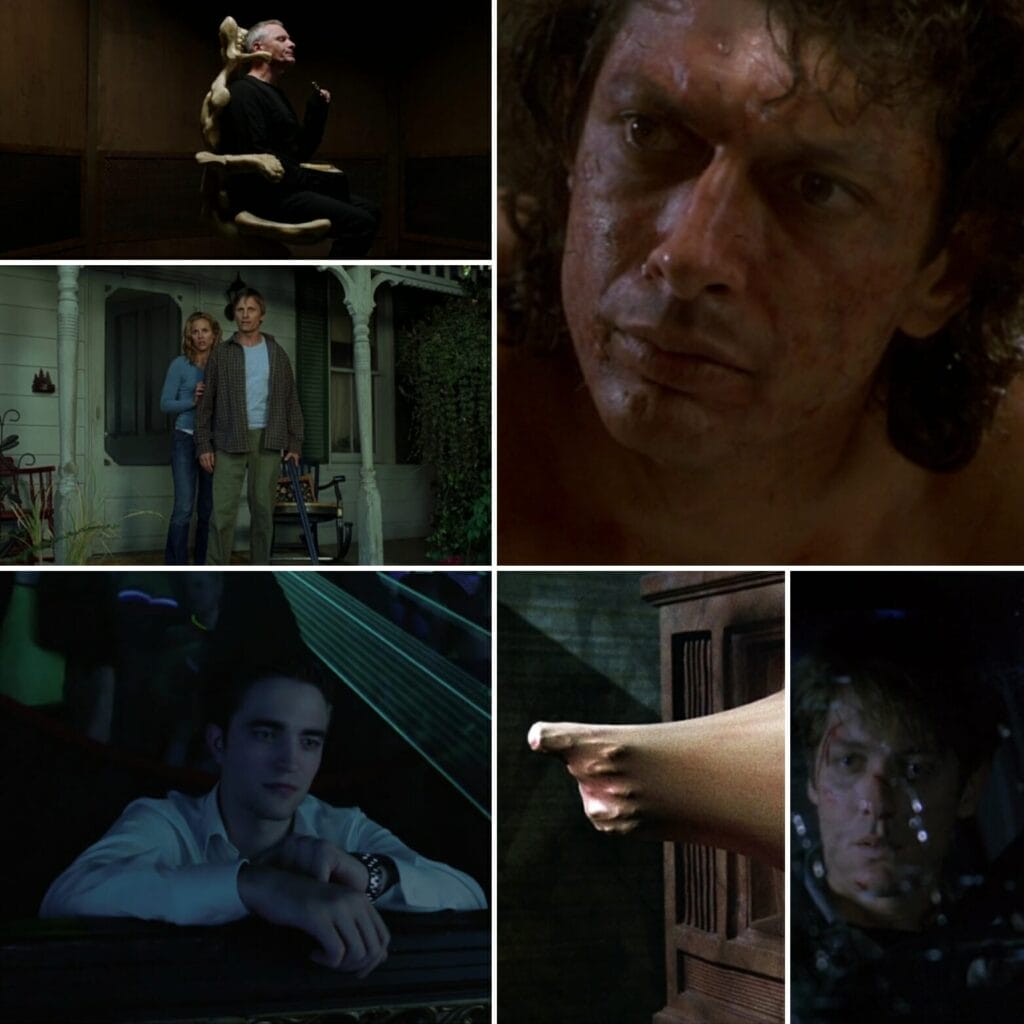
Mainstream Success: Cronenberg Goes Hollywood
In the late 1980s and 1990s, David Cronenberg began to gain more mainstream success and recognition in Hollywood.
His 1988 psychological drama Dead Ringers, starring Jeremy Irons in a dual role, earned critical acclaim and several award nominations. The film explores the strange and disturbing relationship between twin gynecologists. It is considered by many critics to be one of Cronenberg’s finest works, cementing his status as an auteur director known for intelligent, thought-provoking films.
Commercial Hits
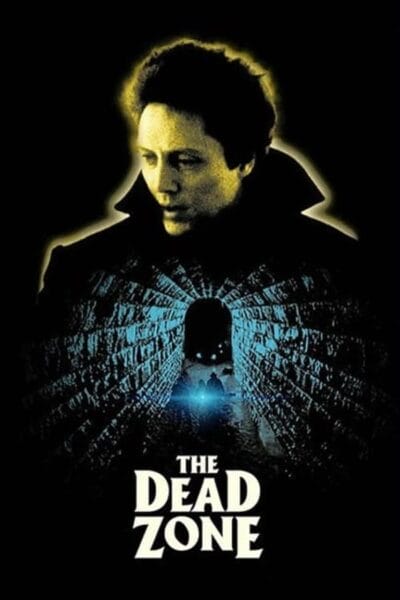
In the 1990s, Cronenberg directed a string of commercial hits, including:
- The Fly (1986): A sci-fi horror remake of the 1950s film, starring Jeff Goldblum as a scientist whose teleportation experiment goes awry. The Fly was both a critical and commercial success, winning an Academy Award for Best Makeup.
- M. Butterfly (1993): An adaptation of the popular Broadway play, starring Jeremy Irons and John Lone. Though more mainstream than Cronenberg’s previous films, it still explores his signature themes of sexuality and identity.
- Crash (1996): An adaptation of J.G. Ballard’s controversial novel, starring James Spader and Holly Hunter. Like much of Cronenberg’s work, Crash examines unusual or taboo subjects, in this case exploring themes of sexuality and car crashes. The film generated substantial controversy but also won a Special Jury Prize at the Cannes Film Festival.
- eXistenZ (1999): A sci-fi thriller starring Jude Law and Jennifer Jason Leigh. Set in a virtual reality world, the film deals with themes of reality and illusion that Cronenberg had explored in earlier films like Videodrome. Though more mainstream, eXistenZ retains Cronenberg’s typically unsettling tone and style.
Cronenberg’s transition to more commercial films broadened his appeal while still retaining his auteurist sensibility and ability to provoke. His films of the era were daring, intelligent, and explored topics largely untouched by mainstream cinema, cementing his status as a pioneering director. Though controversial, Cronenberg’s films have enduring power and influence.
Cronenberg’s Vision: Recurring Themes and Philosophies
As a director known for pushing boundaries, David Cronenberg has established several recurring themes and philosophies in his films.
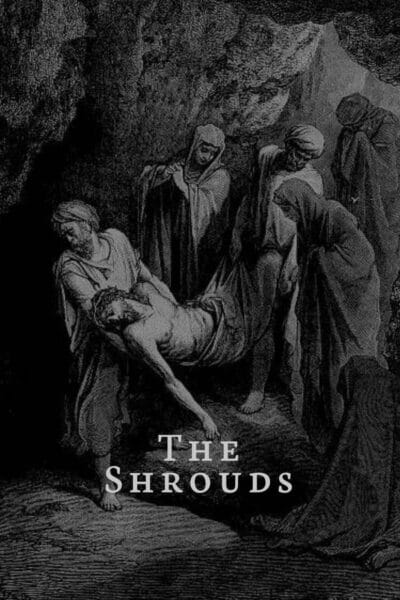
The Human Condition
Cronenberg frequently explores the human condition in his works. His films examine human consciousness, identity, sexuality, and existence itself. He is fascinated by the relationship between mind and body, often featuring gory “body horror” and psychological themes.
Technology and the Body
Cronenberg commonly incorporates ideas about the relationship between humanity and technology. His films investigate how technology shapes and alters the human body and mind. This theme can be seen in films like Videodrome, where a new technology mutates the human body, and Existenz, which examines virtual reality.
Free Will and Control
Cronenberg’s films often deal with issues of free will, manipulation, and control. His works frequently depict characters who are under the control of forces beyond their control, whether human or technological. For example, Scanners centers around a group of people with dangerous telepathic and telekinetic powers that are difficult to govern, while The Brood explores the effects of a controversial psychotherapy method.
Cronenberg is a director with a singular yet complex vision. His films provide a glimpse into a disturbed and distorted reality, examining humanity in deeply unsettling ways. While his graphic and often controversial films are not for the faint of heart, they provide insightful commentary on human nature, society, and what it means to be alive in the modern world. Cronenberg’s ability to explore philosophical ideas in creative ways cements his status as an influential auteur of contemporary cinema.
As one of the most influential filmmakers of modern horror and science fiction cinema, David Cronenberg has pushed the boundaries of mainstream film with his visceral, unsettling, and thought-provoking works. His films explore humanity’s relationship with technology, psychology, and the physical form itself. Cronenberg’s unique vision and refusal to compromise have established him as an auteur, gaining him a devoted cult following and critical acclaim. Though his films are not for the faint of heart, Cronenberg’s probing explorations into human nature ensure his place among the great directors of psychological thrillers and cement his status as a pioneer of body horror cinema. His unflinching portraits of humanity at its most vulnerable and technologically manipulated will haunt viewers and continue to shape the genre for generations to come. Cronenberg’s anatomy of human frailty and curiosity is not an easy one to dissect, but for those willing to plunge into his surreal and disturbing worlds, the rewards are plentiful. His films get under your skin in the most chilling yet compelling way.
